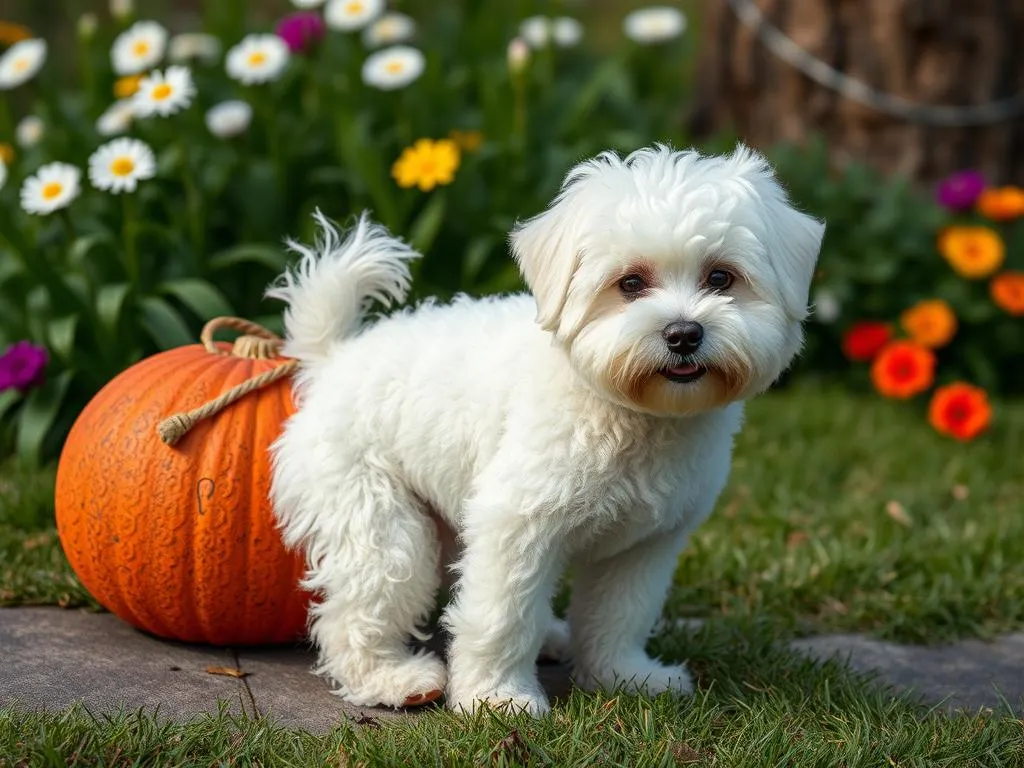
Introduction
Dog breeds come in all shapes and sizes, each with unique traits that appeal to different types of owners. Among the plethora of breeds, the Bichon Frise stands out for its cheerful disposition and fluffy white coat. This breed has gained immense popularity in recent years, making it a favorite among families, singles, and seniors alike. However, understanding the Bichon Frise cost is crucial for potential owners. The financial responsibility of dog ownership extends beyond the initial purchase price; it includes ongoing expenses that can add up quickly.
In this article, we will delve into the world of the Bichon Frise, exploring its history, physical characteristics, and temperament. We will also break down the costs associated with owning a Bichon Frise, discuss factors that influence these costs, and offer budgeting tips for prospective owners.
Understanding the Bichon Frise
Breed History
The Bichon Frise has a rich history that dates back to the Mediterranean region, where it is believed to have originated from the Barbet and other water dog breeds. Originally bred as a companion dog for sailors, this breed has also been associated with nobility and royalty throughout history. The Bichon Frise was notably popular in France and Spain, where it was often featured in paintings and literature.
Their significance as a beloved companion has remained throughout the years, leading them to become one of the most sought-after dog breeds today.
Physical Characteristics
The Bichon Frise is a small yet sturdy dog, typically weighing between 12 to 18 pounds and standing around 9 to 11 inches tall at the shoulder. One of its most charming traits is its soft, curly coat, which is usually white but can also have cream or apricot markings. The coat requires regular grooming to maintain its plush appearance and minimize shedding.
In terms of lifespan, Bichon Frises generally live between 12 to 15 years. They are known for their robust health, although like all breeds, they may be susceptible to specific health issues.
The Appeal of Bichon Frise
Temperament
The Bichon Frise is celebrated for its friendly and playful demeanor. This breed is known for its affectionate nature and is often described as being cheerful and lively. Their friendly disposition makes them suitable companions for families with children, bachelors, and seniors alike.
These dogs thrive on companionship and can become quite attached to their owners, often seeking attention and affection. Training a Bichon Frise can be a delightful experience, as they are intelligent and eager to please, making them relatively easy to train and socialize.
Care Requirements
When considering a Bichon Frise, it’s essential to understand their care requirements. Grooming is particularly important for this breed. Regular brushing, at least two to three times a week, is necessary to prevent matting and tangling of their curly coat. Many owners choose to take their Bichon Frise to professional groomers every 4 to 6 weeks to maintain a tidy appearance.
In terms of exercise, the Bichon Frise requires moderate activity. Daily walks and playtime are essential to keep them healthy and happy. Additionally, early socialization and training are crucial to ensure they develop into well-adjusted adults.
Cost of Owning a Bichon Frise
Initial Costs
The initial costs associated with acquiring a Bichon Frise can vary significantly. Purchasing a puppy from a reputable breeder typically ranges from $500 to $3,000, depending on the breeder’s reputation and the dog’s lineage. Adoption fees from shelters or rescue organizations can be considerably lower, often ranging from $100 to $400.
Once you bring your Bichon Frise home, you will need to account for initial veterinary expenses. These may include vaccinations, spaying or neutering, and a general health check-up, which can add an additional $200 to $500 to your initial costs.
Ongoing Expenses
After the initial costs, ongoing expenses are a significant consideration for dog owners. Food and nutrition are essential, and a quality diet for your Bichon Frise can cost between $30 to $70 per month, depending on the brand and dietary needs.
Grooming costs can vary widely. While some owners prefer to groom their Bichon Frise at home, professional grooming appointments typically cost between $40 to $100 each visit. Regular grooming every 4 to 6 weeks can add up to $480 to $1,200 annually.
Routine veterinary care is also vital. Annual check-ups, vaccinations, and preventative medications can cost between $200 to $600 each year, depending on your location and the services required.
Additional Expenses
In addition to food, grooming, and veterinary care, there are several other expenses to consider. Basic dog supplies such as beds, toys, leashes, and bowls can cost anywhere from $100 to $300 initially.
If you choose to enroll your Bichon Frise in training classes, those can range from $100 to $300, depending on the type and length of the course. Additionally, some owners opt for pet insurance, which can help mitigate unexpected medical expenses. Monthly premiums for pet insurance typically range from $20 to $50.
Lastly, it’s wise to budget for potential emergency medical expenses. These can vary widely but may range from a few hundred to several thousand dollars, depending on the situation.
Factors Influencing the Cost
Location
The cost of owning a Bichon Frise can vary significantly based on geographic location. Urban areas often have higher costs for services like grooming and veterinary care, while rural areas may offer lower prices. Additionally, the availability of Bichon Frise puppies can influence their price, with some regions experiencing higher demand than others.
Breeder Reputation
When considering the Bichon Frise cost, the reputation of the breeder is a crucial factor. Reputable breeders often conduct health screenings and genetic testing to ensure their puppies are healthy and free from hereditary conditions. While puppies from reputable breeders may come with a higher price tag, investing in a healthy dog can save owners significant costs related to health issues down the line.
Age and Health of the Dog
The age and health of the dog also play a role in determining its cost. Puppies typically cost more than adult dogs due to their demand. However, adult Bichon Frises may come with a lower price tag but could require additional health care costs if they have pre-existing conditions.
Health screenings and genetic testing can also add to the initial cost but are often worth the investment for peace of mind.
Budgeting for a Bichon Frise
Creating a Cost Breakdown
Creating a comprehensive cost breakdown is essential for prospective Bichon Frise owners. Here’s a rough estimate of expected costs over the first year of ownership:
| Expense Category | Estimated Cost |
|---|---|
| Purchase Price | $500 – $3,000 |
| Initial Veterinary Expenses | $200 – $500 |
| Food and Nutrition (Annual) | $360 – $840 |
| Grooming (Annual) | $480 – $1,200 |
| Routine Veterinary Care | $200 – $600 |
| Dog Supplies (Initial) | $100 – $300 |
| Training Classes | $100 – $300 |
| Total Estimated Cost | $2,000 – $7,000 |
Financial Planning Tips
To manage the costs associated with owning a Bichon Frise, consider setting up a pet savings account. This account can be used for regular expenses, emergencies, and unexpected costs. Additionally, exploring pet insurance options can help offset potential veterinary bills and provide financial security in case of accidents or illnesses.
Potential Hidden Costs
While planning for the expected costs of a Bichon Frise, it’s equally important to consider potential hidden costs. Travel expenses can add up, especially if you plan to take your Bichon Frise with you on vacations or if you need to board them. Additionally, unexpected health issues or emergencies can arise, leading to significant unplanned expenses.
Staying prepared with a budget that accounts for these possibilities can help ensure a smooth and enjoyable experience as a Bichon Frise owner.
Conclusion
The Bichon Frise is an endearing breed known for its playful nature and loyal companionship. However, understanding the costs associated with owning this breed is vital for prospective dog owners. From initial purchase prices to ongoing expenses, the financial commitment can be substantial.
Ultimately, the joy and companionship provided by a Bichon Frise can far outweigh the costs involved. With proper planning and budgeting, owning a Bichon Frise can be a rewarding experience, offering love and happiness for many years to come.
Understanding the Bichon Frise cost is the first step in ensuring you’re ready for the responsibility of dog ownership—and that’s a leap worth taking for many dog lovers.









